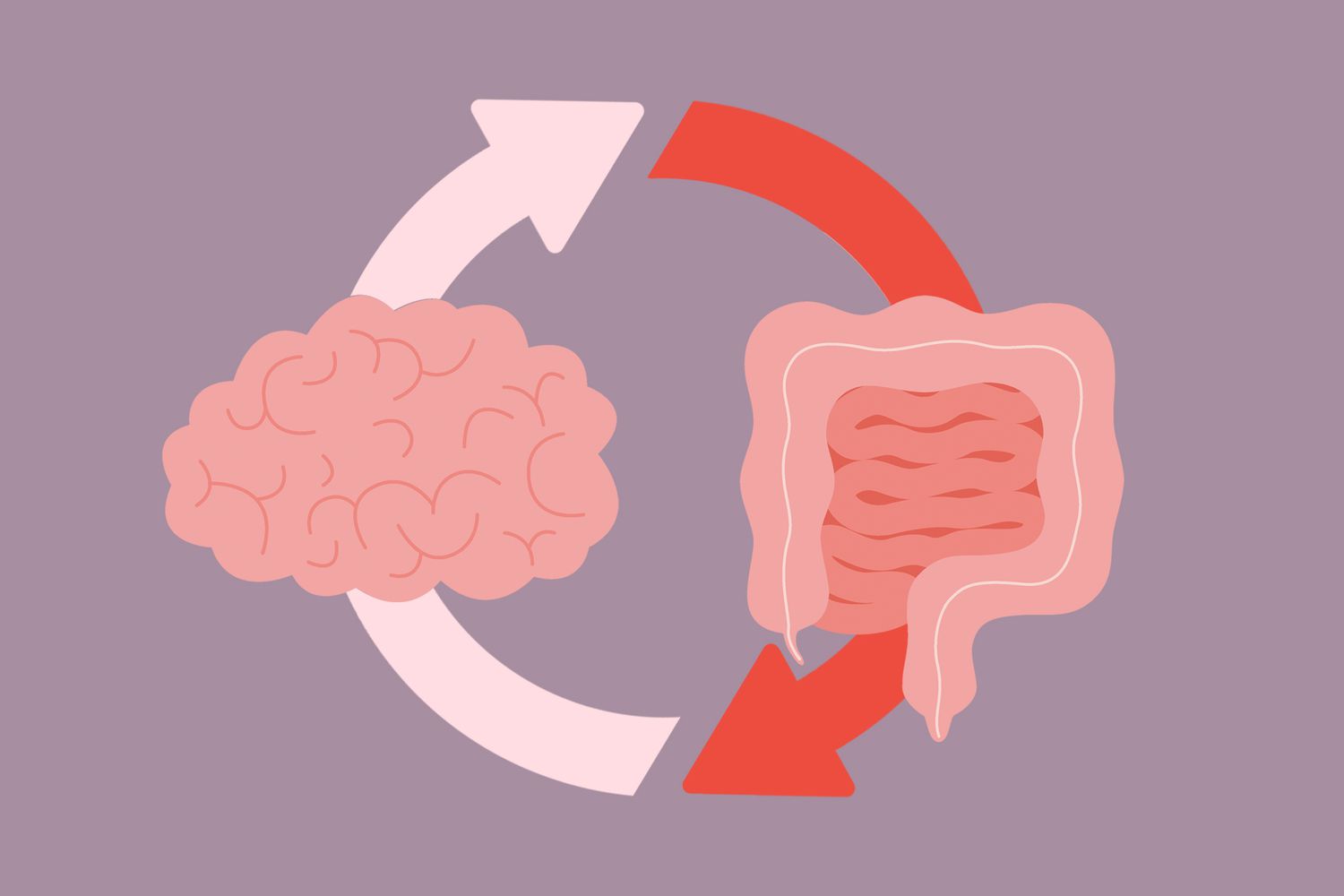In recent years, the relationship between gut health and mental well-being has gained significant attention in the field of health and wellness. The gut-brain connection, a complex communication network linking your digestive system and brain, plays a crucial role in your overall health. Understanding this connection can provide insights into how your digestive health influences your mood, cognitive function, and mental health. Let’s explore the fascinating science behind the gut-brain connection and practical ways to optimize both for better mental well-being.
What is the Gut-Brain Connection?
The gut-brain connection refers to the bidirectional communication between the gastrointestinal (GI) tract and the central nervous system (CNS). This connection involves various pathways, including:
- Neural Pathways: The vagus nerve, the longest cranial nerve, transmits signals between the gut and brain, facilitating communication.
- Chemical Signals: The gut produces neurotransmitters, such as serotonin and gamma-aminobutyric acid (GABA), which influence mood and anxiety levels.
- Immune Response: The gut microbiome—trillions of microorganisms living in our intestines—can affect inflammation levels and immune responses, which are linked to mental health.
The Role of Gut Microbiota
The gut microbiota, which consists of bacteria, fungi, and other microorganisms, plays a critical role in this connection. A healthy, diverse microbiome can positively impact brain health and mood, while an imbalanced microbiome may contribute to anxiety, depression, and other mental health disorders.
Key Points:
- Serotonin Production: Approximately 90% of the body’s serotonin, a neurotransmitter that regulates mood, is produced in the gut. A healthy gut microbiome supports this process, potentially improving mood and emotional resilience.
- Inflammation and Mental Health: Imbalances in gut bacteria can lead to increased inflammation, which has been linked to conditions such as depression and anxiety. Maintaining a balanced gut microbiome may help mitigate these risks.
How Diet Influences the Gut-Brain Connection
Diet plays a crucial role in shaping the gut microbiome and, consequently, mental well-being. Certain foods can nourish beneficial gut bacteria and promote a healthy balance, while others may contribute to dysbiosis (an imbalance in gut bacteria).
Foods to Embrace:
- Fermented Foods: Foods like yogurt, kefir, sauerkraut, kimchi, and kombucha are rich in probiotics, which can enhance gut health and support a diverse microbiome.
- Prebiotic Foods: Foods high in fiber, such as bananas, onions, garlic, asparagus, and whole grains, serve as food for beneficial gut bacteria, helping them thrive.
- Omega-3 Fatty Acids: Found in fatty fish (like salmon), walnuts, and flaxseeds, omega-3s have anti-inflammatory properties that may benefit both gut and brain health.
- Fruits and Vegetables: A diet rich in colorful fruits and vegetables provides essential vitamins, minerals, and antioxidants that support overall health and well-being.
Foods to Limit:
- Processed Foods: High in sugar and unhealthy fats, processed foods can negatively impact gut health and lead to inflammation.
- Artificial Sweeteners: Some studies suggest that artificial sweeteners may disrupt gut microbiota, leading to imbalances.
Lifestyle Factors Affecting Gut and Mental Health
In addition to diet, several lifestyle factors can influence the gut-brain connection:
1. Stress Management
Chronic stress can disrupt gut health and alter gut bacteria composition. Techniques such as mindfulness, meditation, and yoga can help manage stress and support both gut and mental health.
2. Regular Exercise
Physical activity has been shown to promote the growth of beneficial gut bacteria and reduce symptoms of anxiety and depression. Aim for at least 150 minutes of moderate exercise each week.
3. Quality Sleep
Sleep is essential for maintaining a healthy gut microbiome. Aim for 7-9 hours of quality sleep per night to support overall health and cognitive function.
4. Hydration
Staying adequately hydrated is vital for digestion and overall health. Aim to drink plenty of water throughout the day to support your gut function.
Conclusion
The gut-brain connection underscores the importance of maintaining both digestive and mental health. By nurturing your gut through a balanced diet, stress management, regular exercise, and adequate sleep, you can enhance your mental well-being and overall quality of life. As research continues to unravel the complexities of this connection, it becomes increasingly clear that taking care of your gut is not just about digestion—it’s a fundamental aspect of supporting your mind and emotions. Embrace this holistic approach to health, and you may just find that your mood and mental resilience improve along with your digestive wellness!




